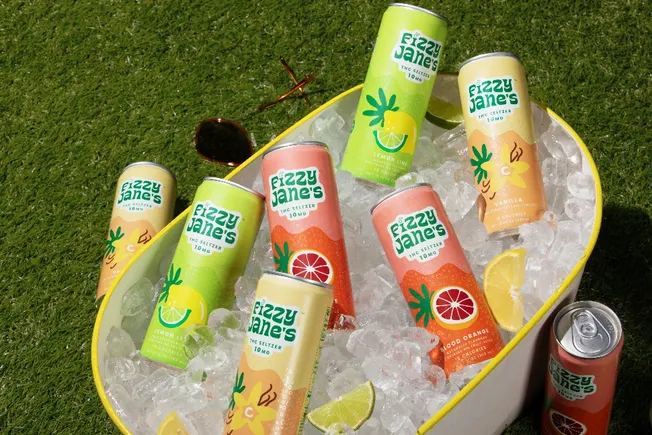US Lawmakers Close Legal Loophole Allowing THC Products from Hemp
Lawmakers in the United States have taken action to close a legal loophole that previously allowed food and beverage companies to offer THC products derived from hemp. This move is seen as a victory for beer and spirits giants who have been battling against the emerging industry in order to protect their sales amid a decline in alcohol consumption.
The new regulations now impose strict limits on the levels of THC, the main psychoactive component in marijuana, that are permitted in hemp-derived products. As of November 13, 2026, hemp products can only be sold if they contain no more than 0.4 milligrams of THC per container.
According to the U.S. Hemp Roundtable, these new rules are expected to eliminate 95% of products from the $28.4 billion hemp industry. The majority of hemp products currently available on the market exceed the 0.4 milligram THC threshold, with lower-THC products being described as “very rare” by the trade group.
Congress had previously decriminalized hemp-derived products as part of the 2018 Farm Bill, aiming to boost farmers’ income and expand production of the versatile plant, which can also be utilized in textiles and cosmetics. However, some food and beverage companies have taken advantage of this legislation to flood the market with products containing delta-9-THC, a popular cannabis derivative created through chemical conversion of CBD found in hemp into psychoactive THC.
While the 2018 law specified that hemp should not contain more than 0.3% delta-9 THC by “dry weight,” it did not provide clarity on how this applied to products like gummies or beverages. This ambiguity led to scenarios where products containing high levels of THC could still be considered legal under the law.
Although some states have moved to ban these derivatives, the market for delta-THC continues to thrive. The U.S. hemp-derived psychoactive cannabinoid market was projected to reach $3.8 billion in 2025, a significant increase from $200 million in 2020, as reported by Brightfield Group.
Impact on Alcohol Industry
The growth of the hemp industry has come at the expense of the alcohol sector, which has struggled with declining consumption. Changing consumer preferences and concerns about the negative health effects of alcohol have led many individuals to seek alternative mood-altering substances like cannabis.
While some alcohol companies initially ventured into the THC market following the loosening of restrictions in 2018, many have since exited due to complex regulations and lower-than-expected revenues. For example, Constellation Brands, the brewer of Modelo, distanced itself from cannabis grower Canopy Growth after a significant investment.
However, there are companies that have persevered in the space and are now gaining momentum. Retailers such as Target have begun carrying THC-infused products, contributing to the growth of the industry. Tilray, a Canadian cannabis giant, reported record revenue in the first quarter after focusing on hemp-derived drinks.
Tilray currently holds a 60% market share for hemp-derived products in North America and is a leader in Delta-9 THC beverages in the U.S. The company, along with other retailers, is advocating for less restrictive limits on these products, emphasizing the importance of offering consumers lower-dose options and promoting responsible consumption.
Alcohol groups have been actively lobbying for limits on hemp-based THC derivatives, urging lawmakers to either close the loophole or impose strict regulations and higher tax rates on these products. The Beer Institute and other alcohol producer associations have emphasized the need for regulations that protect consumers and ensure a safe marketplace for intoxicating products.

